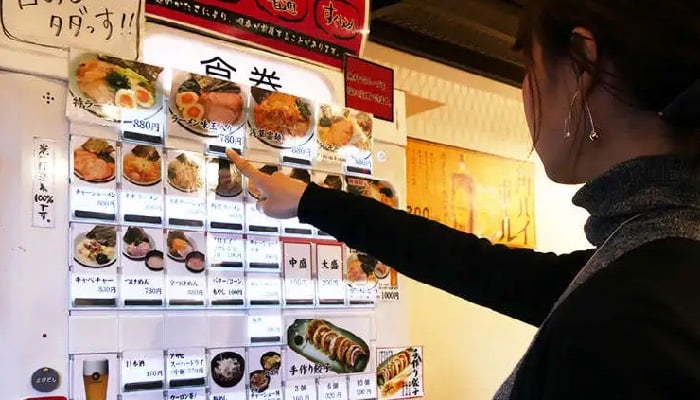
Japan's upcoming introduction of new banknotes threatens the reliability of vending machines across the country.
As reported by The NewYork Times, the machine won't accept the new bills, frustrating shopkeepers who now faces the expense of replacing it.
Japan has 4.1 million vending machines, many of which will soon be outdated.
This poses a challenge for businesses, especially ramen shops that depend on these machines to reduce staffing needs.
Ramen, a staple of Japanese cuisine, became popular in the 1980s.
A man named Mr. Nishitani’s shop, Goumen Maruko, sells about 100 dishes daily, each priced under 1,000 yen (around $6.50).
The new banknotes will force many shop owners to upgrade or replace their vending machines, costing up to 2 million yen (about $13,000).
Some municipalities offer subsidies, but they cover only a fraction of the cost.
Additionally, Yoshihiro Serizawa, who runs a soba shop in Tokyo, spent $19,000 on a new machine, which also accepts cashless payments.
The new banknotes add to the pressures on Japan’s small businesses, already struggling with rising costs due to inflation and a recession.
Meanwhile, flour and electricity prices have increased, and 45 ramen restaurants filed for bankruptcy last year.
When Japan last released new bills in 2004, the transition was costly and time-consuming.
By mid-2023, only 30% of drink vending machines could accept the new 500 yen coins introduced in 2021.















